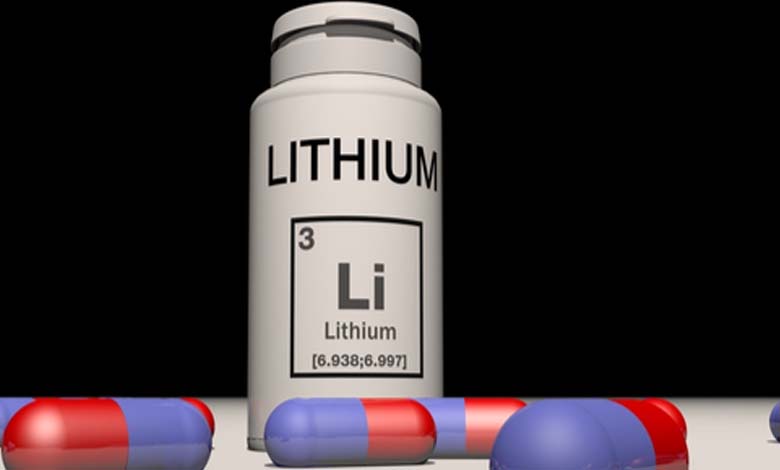Shocking Study: Lithium Protects Against Alzheimer’s and Memory Decline

A groundbreaking scientific study has challenged current understanding of how to prevent neurodegenerative diseases. According to researchers from the University of Cambridge, trace amounts of lithium — a mineral commonly used to treat bipolar disorder — may play a key role in protecting the brain from Alzheimer’s disease and age-related cognitive decline.
-
Loss of Cholesterol in the Brain: A Possible First Spark for Alzheimer’s Disease
-
Can Alzheimer’s Disease Affect People at a Young Age?
Lithium, which occurs naturally in drinking water and certain foods, appears to have neuroprotective effects when administered in very low concentrations. Unlike the higher doses used in psychiatric treatments, which require strict monitoring due to potential side effects, the microdoses examined in this study showed no signs of toxicity.
In a long-term study involving several hundred participants aged 65 and older, researchers found that individuals exposed to low levels of lithium had a reduced risk of developing Alzheimer’s disease. Participants also demonstrated better memory and reasoning performance compared to those who were not exposed.
-
Eating One Egg a Week May Reduce the Risk of Alzheimer’s Disease
-
3 Simple Steps to Reduce the Risk of Developing Alzheimer’s
While the precise biological mechanisms remain unclear, scientists have proposed several hypotheses. Lithium may help by reducing brain inflammation, stimulating neuronal regeneration, and limiting the buildup of amyloid plaques — the protein deposits that progressively destroy nerve cells in Alzheimer’s patients.
Professor Mark Taylor, a co-author of the study, explained: “Our findings suggest that even extremely low concentrations of lithium can have a positive long-term effect on brain health. This is a promising discovery because it could lead to new preventive strategies against dementia.”
-
Lack of Deep Sleep May Increase the Risk of Developing Alzheimer’s Disease
-
This Habit Helps Keep Alzheimer’s Symptoms Under Control
The discovery has generated strong interest among scientists, especially since Alzheimer’s currently affects more than 55 million people worldwide and no curative treatment exists. The idea that exposure to small amounts of lithium — possibly through drinking water — could help prevent cognitive decline represents a potential paradigm shift in global public health.
Nonetheless, experts are urging caution. These results need to be replicated in larger clinical trials before any practical application can be considered. Uncontrolled lithium supplementation could pose risks, particularly to kidney and thyroid function.
-
Used Coffee Grounds May Be a “Good” Solution for Alzheimer’s
-
New Blood Test Platform: A Step towards Early Diagnosis of Alzheimer’s disease
For now, this study offers a new perspective on how the aging brain might be protected. If further research confirms lithium’s benefits, this mineral — long regarded solely as a psychiatric drug — could become an unexpected cornerstone in the prevention of neurodegenerative diseases.
Lithium may thus move from being seen merely as a treatment for mental disorders to being recognized as a “memory micronutrient,” offering renewed hope to millions around the world facing the threat of Alzheimer’s and cognitive decline.












